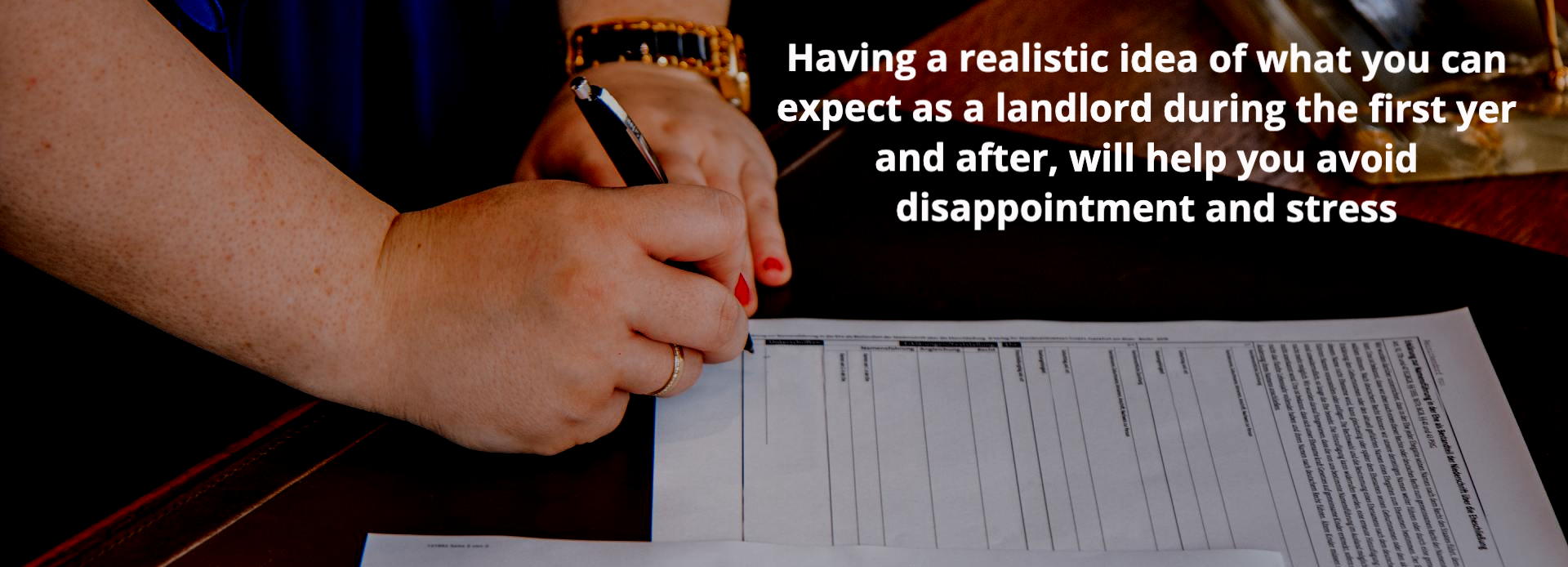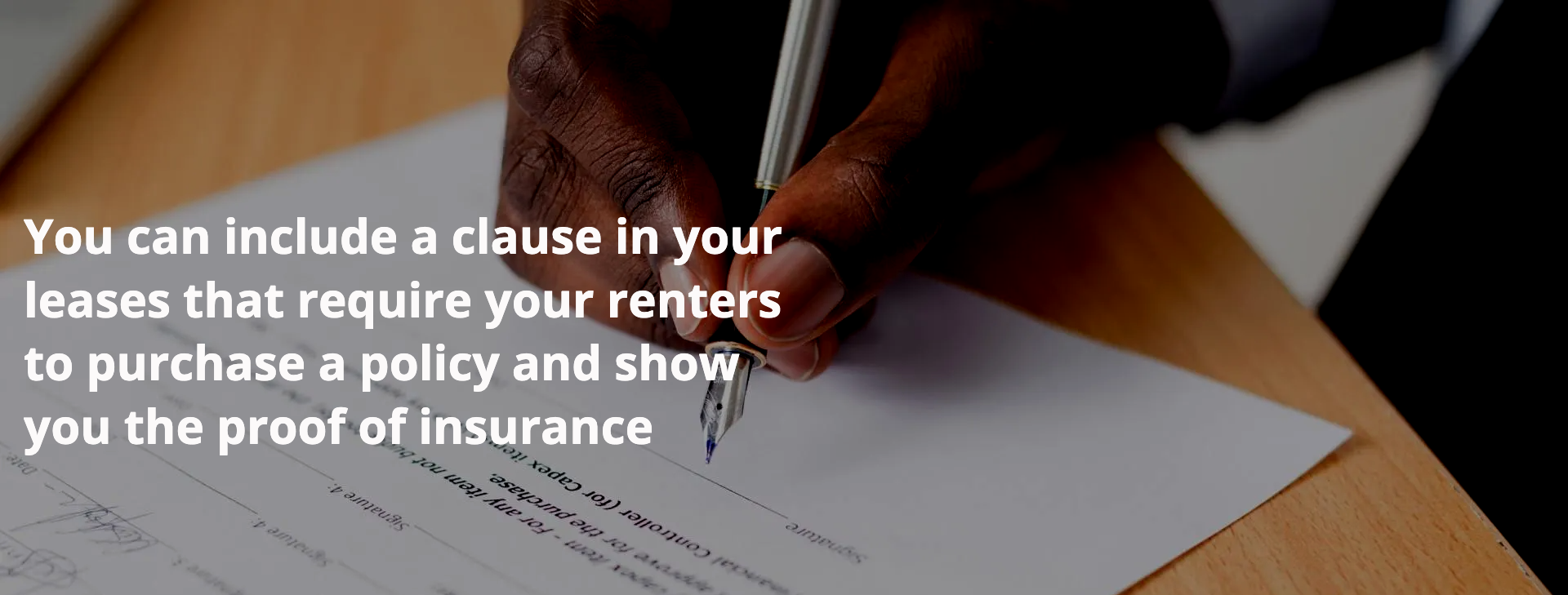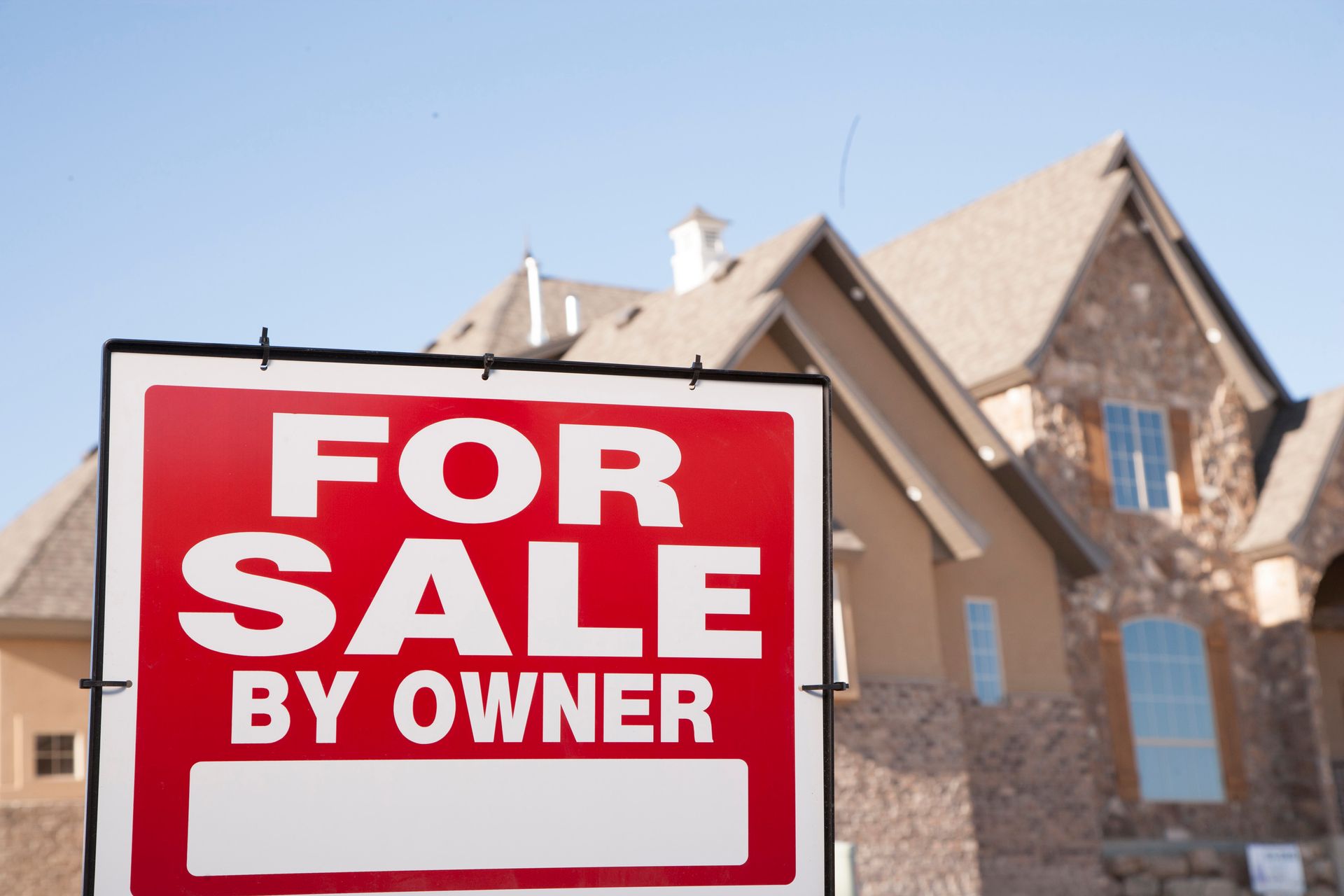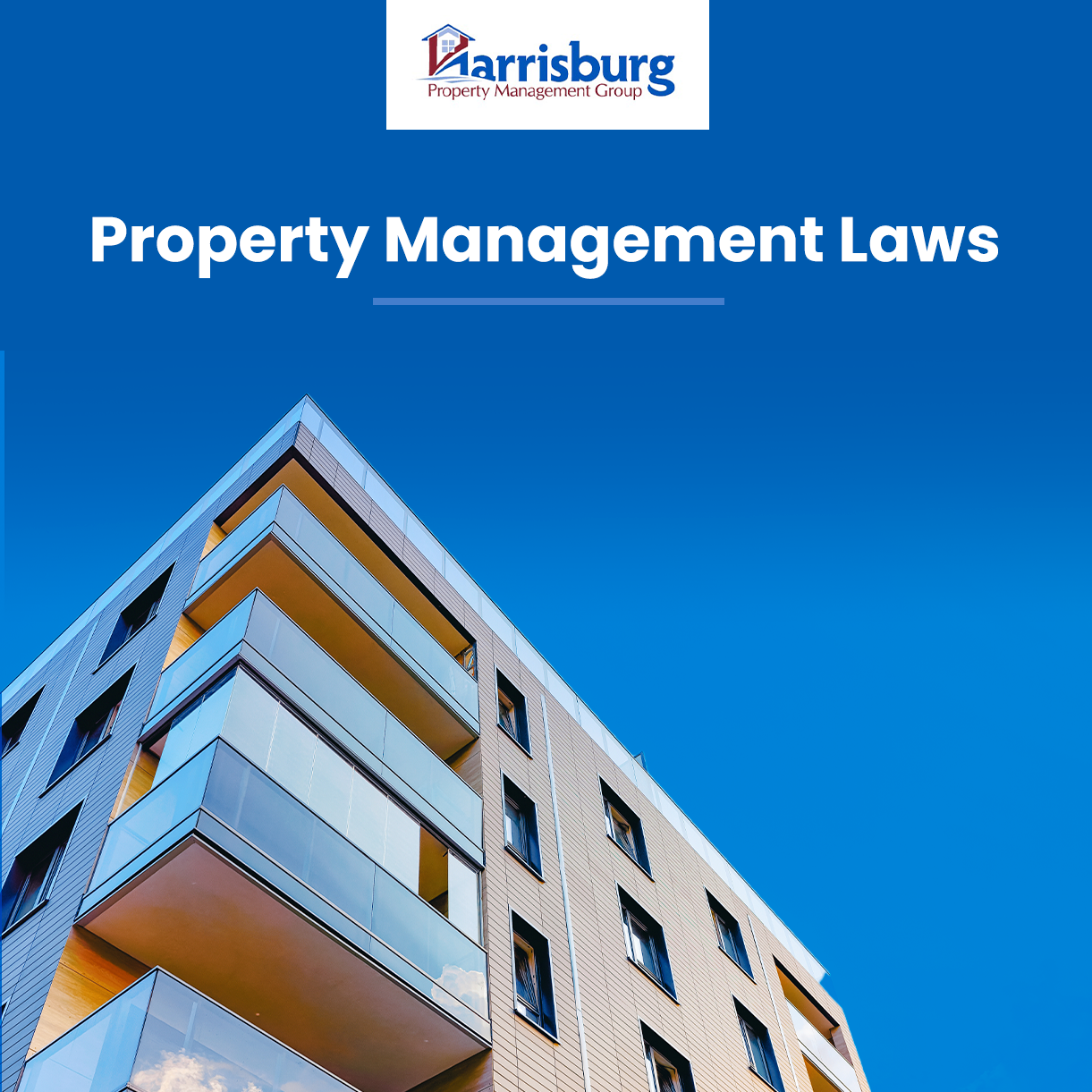Advice for First-Time Landlords
People become landlords for various reasons. You might be temporarily relocating and have decided that renting out your home is a better option than selling it. Or, you might have purchased a property intending to rent it out.
Regardless of your reason for becoming a landlord, it helps to get tips from people who have been there before. Getting as much guidance as you can before you start looking for tenants will streamline the process and ensure you get paid.
Whether you're looking for advice about finding tenants or making sure those residents pay their rent, we've got you covered. Here are nine must-know landlord tips to help you get started:
1. Thoroughly Screen Your Tenants
One factor that has the most significant impact on your success as a landlord is the quality of your tenants. You want responsible, reliable people living in your rental home or apartment. One way to tell if a renter is going to be diligent and trustworthy is to screen them before you have them sign a lease.
Some of the things to look for when screening tenants include:
- Adequate income: The tenant should earn enough each month to pay rent.
- Good credit history: The tenant should have a record of making on-time payments. They should have a
good credit score .
- Excellent references from past landlords or employers:
References matter. If a prior property owner says the tenant left the place a mess or damaged it, that should be a red flag to you as a landlord.
Remember that there's a difference between carefully screening your tenants and discriminating against them. While you can turn down a person based on their income or credit, you can't deny a rental applicant because they have children, are over a certain age, practice a specific religion or belong to a particular race or ethnic group. The
Fair Housing Act forbids discrimination.
2. Make It Easy to Pay Rent
The easier it is for your tenants to pay rent, the more likely they are to pay on time. There are several ways to remove friction and make paying rent simple. You can accept online payments, for example. Another option is to have a secure drop-off location for rent checks, such as a locked box in the common area of a home with multiple units. Or, you could hire a property management company to handle
rent collection
for you.
3. Manage Your Expectations
Some first-time landlords start renting out a property and hope to make a large sum of money right away. While it's true that becoming a landlord can help you make extra income, it's also crucial to manage your expectations and go into the process with a clear head and realistic ideas.
In the beginning, you might need to spend more money than you take in, especially if you need to renovate. There might be months when a unit sits empty, during which time you won't earn rental income. Having a realistic idea of what you can expect as a landlord during the first year and after, will help you avoid disappointment and stress.
4. Brush Up on Landlord-Tenant Law
It's a good idea to familiarize yourself with your state's
landlord-tenant laws, so you don't accidentally violate it. Studying this rule will also help you establish a clear understanding of what rights renters have and what landlord expectations are. You might also want to consult with a lawyer before you begin the process of renting out a property or before you buy a rental property. An attorney can explain the rules to you in a clear and easy-to-understand manner.
5. Put Everything in Writing
Every single agreement between you and your tenant should be written down and signed. It might seem easier to skip having a lease, but doing so can complicate matters if your tenant falls behind on rent or refuses to move on the verbally agreed upon date.
The lease between you and the renter should list the property being rented and the contract term, including a start and end date. It should also record the monthly rent and what this cost includes, as well as what expenses the tenant must pay. If you're not sure how to write a lease or what needs to be on it, you can use a
lease preparation service
to streamline the process.
6. Be Cautious About Pets
One of the most important things you'll decide as a landlord is whether you'll allow pets in the property or not. There are pros and cons to either decision. Some landlords believe that pet owners tend to be more responsible than non-pet-owners and might be more likely to pay their rent on time. Other landlords have had to deal with the mess left after pet-owning tenants move out — and many wouldn't want to do so again.
You might decide to limit the type of pets people can have, such as only allowing cats and small dogs. You could also restrict the number of pets a tenant can own, such as no more than one small dog or two cats.
7. Require Renters Insurance
The insurance you have on a rental property covers the property itself, not the items your tenant brings into the apartment or house. Many residents purchase renters insurance to protect their belongings. But there are other reasons why you might require people to have their own insurance policy if they live on your property.
Renters insurance also offers liability coverage. If a tenant has a guest over and the guest trips and falls or is bitten by a pet, the tenant's renters insurance policy will offer protection. Without that coverage, the property owner might face legal challenges.
You can include a clause in your leases that requires your renters to purchase a policy and show you the proof of insurance.
8. Take Pictures
Tenants shouldn't have to pay for normal wear and tear on the property, but they should be responsible for damage, such as holes in the wall or burn marks on the carpeting. Taking pictures of the property before anyone moves in will provide you with a visual record and a way to compare the home's condition before the tenant arrived and after they've left. Having photographic evidence of any damage is also a good idea, in case a tenant challenges your claim.
9. Work With a Property Management Company
You can go it alone as a first-time landlord, but you don't have to. A property management company can offer tips and advice and assist you with many of the ins and outs of being a landlord. You don't need to fly solo with finding and screening tenants, collecting rent payments, marketing your rental property or setting the right rent. Depending on your needs, you can hire a property management company to take care of everything or to manage one or two tasks for you.
Harrisburg Property Management Group Offers Advice for New Landlords
Becoming a landlord for the first time can be exciting, but if you're starting to feel overwhelmed by the process, it might be time to call for help. Harrisburg Property Management Group offers a
full range of services
for both new and experienced landlords. If your rental property is in the Harrisburg area or other surrounding locations,
contact us
today to learn more about what we can do for you.
















